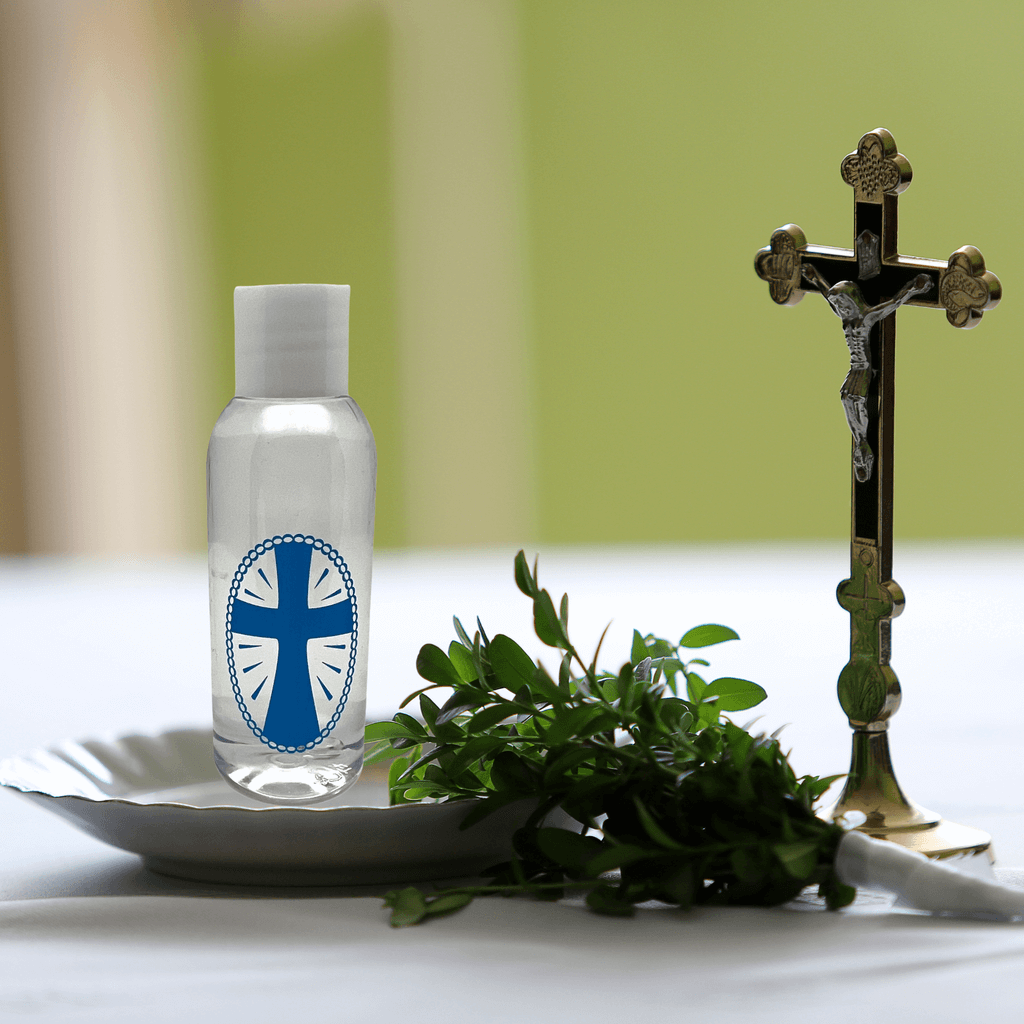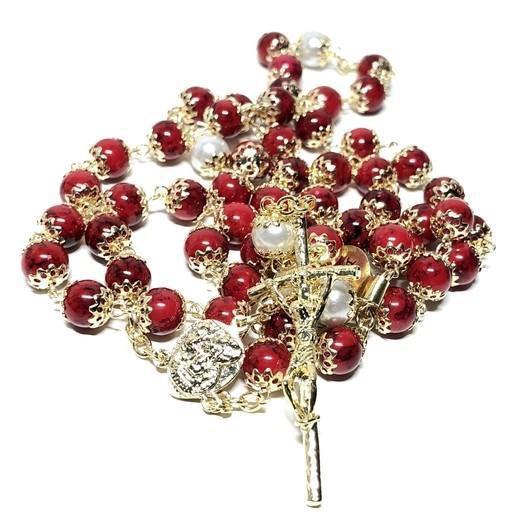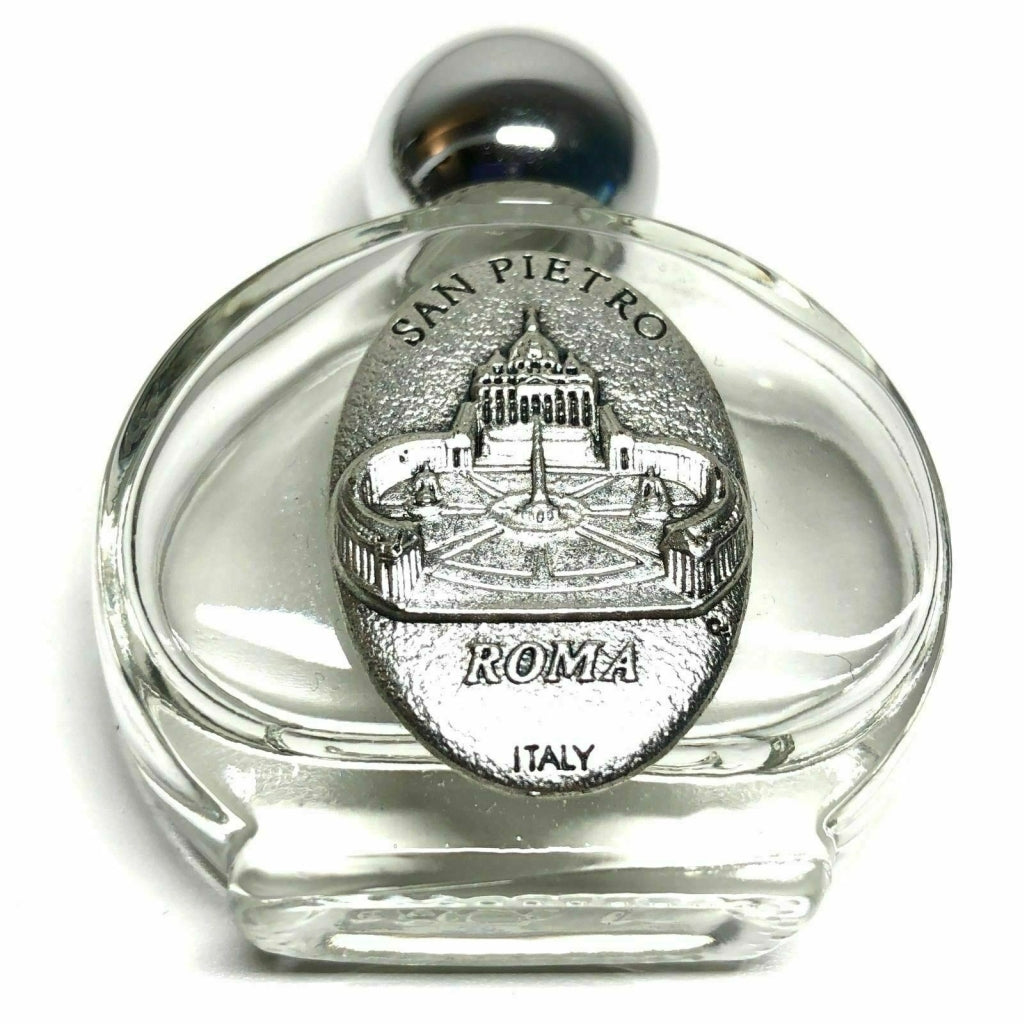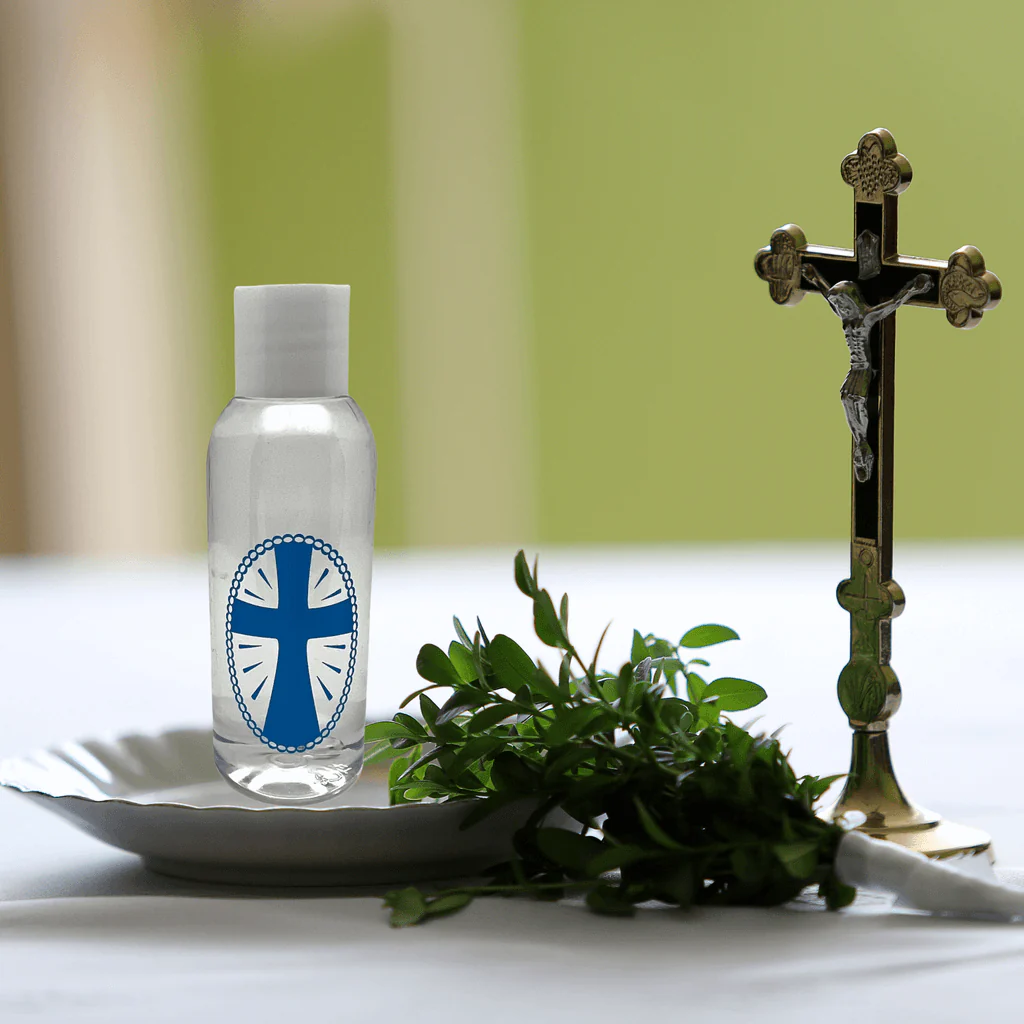The Significance of the Eucharist in Catholic Faith
The Eucharist is a cornerstone of the Catholic faith, embodying the profound belief in the death and sacrifice of Jesus Christ, the Son of God. This sacrament represents the ultimate act of unconditional and eternal forgiveness, granted through Christ’s crucifixion and resurrection. Without this pivotal event, the foundation of our faith would be drastically different.
Jesus’ Last Supper and the Origin of the Eucharist
Before His death, Jesus instructed His apostles to remember Him whenever they broke bread or drank wine, symbolizing His body and blood. This directive has made the Eucharist a vital expression of our faith and a commemoration of Christ’s sacrifice.
The Real Presence in the Eucharist
In Catholic tradition, the Eucharist is not merely symbolic. We believe that the bread and wine truly become the body and blood of Christ. This transformation is viewed with utmost reverence and holiness. To regard the Eucharist lightly would be considered a form of blasphemy.
Historical Establishment of the Eucharist
The doctrine of the Eucharist was officially established in the 13th century during the Lateran Council. This council also affirmed that only ordained priests could administer the Eucharist, highlighting the sacred nature of this sacrament. Proper theological training is essential to ensure the Eucharist is celebrated with the highest respect and honor.
Miracles Associated with the Eucharist
Throughout history, numerous miracles have been linked to the Eucharist. From the early writings of St. Cyprian, tales of wine turning into blood have been recorded. The Catholic Church has recognized many of these miracles, while others are still under investigation. Notable miracles include appearances of the Blessed Virgin Mary to those partaking in the Eucharist, such as the well-known 1917 apparition to three children, during which she delivered a prayer for the Eucharist sacrament.
Role of Gender in Eucharist Miracles
While the sacrament is traditionally consecrated by men, women often experience Eucharist miracles in profound ways. Although women do not typically administer the sacrament, their participation remains deeply spiritual, with many miracles occurring during their engagement with the Eucharist. This phenomenon underscores how women, even without performing the consecration, are vessels of God’s grace during this holy sacrament.
Maintaining Reverence in Our Faith Practices
It is easy to become habitual in our faith traditions, but it is crucial to remain grounded in their holiness. The sacraments and rituals of our doctrine are not just important; they are miraculous and awe-inspiring. Christ’s sacrifice provides us with a daily means to engage with His love and forgiveness, far beyond special occasions. We should feel humbled and blessed to be part of this sacred tradition.
The Eucharist allows us to connect with Christ’s sacrifice regularly, reminding us of the profound love and forgiveness at the heart of our faith. Let us continue to honor and revere this blessed sacrament, keeping its significance alive in our hearts and lives.
FAQs
1. What is the Eucharist in Catholic faith? The Eucharist is a sacrament that commemorates the death and resurrection of Jesus Christ. It involves the consumption of bread and wine, which Catholics believe are transformed into the body and blood of Christ.
2. Why is the Eucharist considered important? The Eucharist is essential because it embodies the core belief in Christ's sacrifice for humanity's sins. It serves as a reminder of His love and forgiveness and is a central practice in Catholic worship.
3. When was the doctrine of the Eucharist officially established? The doctrine of the Eucharist was officially established in the 13th century during the Lateran Council.
4. Who can administer the Eucharist? Only ordained priests are authorized to administer the Eucharist in the Catholic Church. This is to ensure the sacrament is performed with the highest reverence and respect.
5. Are there any miracles associated with the Eucharist? Yes, there have been numerous miracles associated with the Eucharist throughout history. These include transformations of wine into blood and apparitions of the Blessed Virgin Mary to those partaking in the sacrament.
6. Why do women experience Eucharist miracles differently? While men typically consecrate the Eucharist, women often experience miracles through their engagement with the sacrament. This phenomenon highlights how women remain vessels of God's grace even without performing the consecration.
7. How can we maintain reverence in our faith practices? To maintain reverence, it is important to stay grounded in the holiness of our sacraments and rituals. Regularly engaging with Christ's sacrifice and keeping the significance of these traditions alive in our hearts helps us honor and revere them appropriately.
To delve deeper into the rich history and spiritual significance of the Eucharist, explore our detailed articles and join our community discussions at Catholically Blog. Keep your faith journey vibrant and informed with us!










